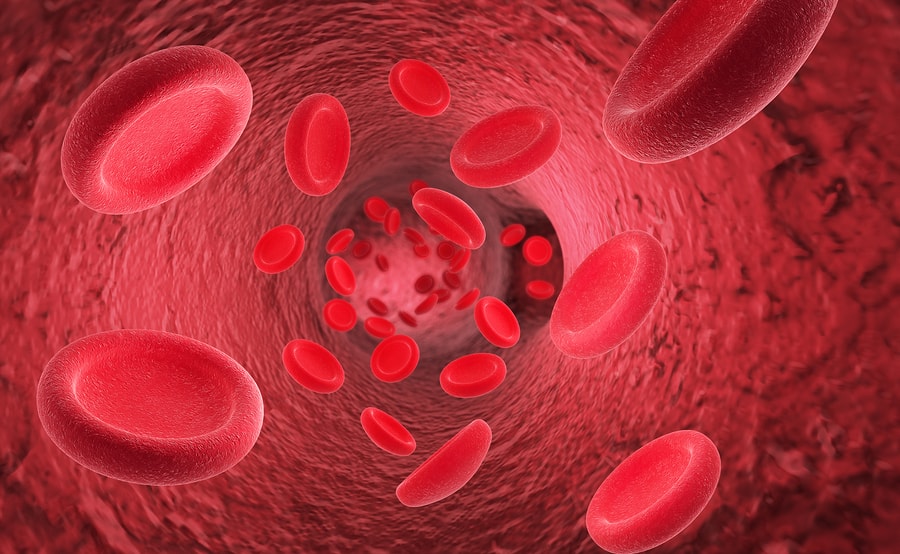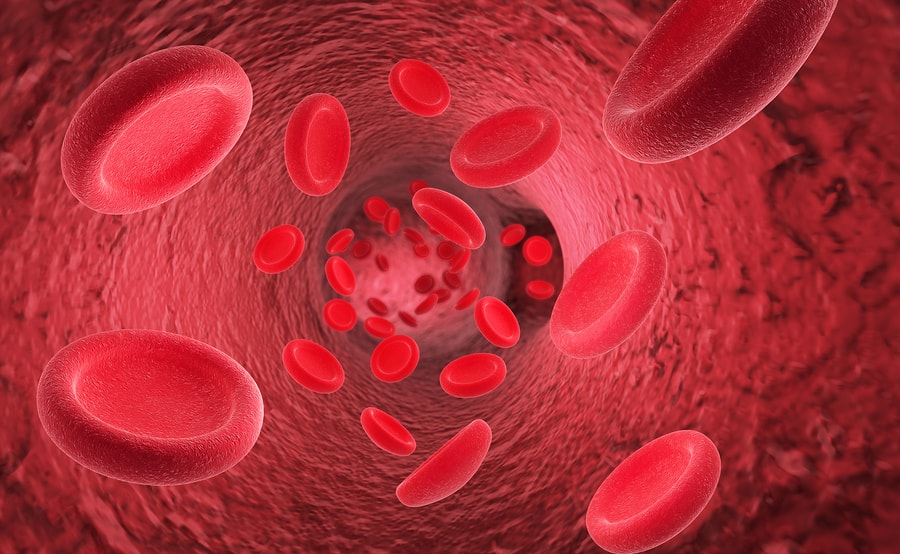Learn about brain health and nootropics to boost brain function
7-Keto DHEA Benefits, Side Effects, Dosage & Reviews


7-Keto DHEA is a hormone produced in the brain, kidneys, and reproductive organs. Although similar to its cousin, DHEA, 7-keto acts differently in the body. As a supplement, it may help burn fat and protect the brain, but the clinical research is scarce. Read on to learn more about the potential benefits, side effects, and dosage.
Adrenals, located at the top of the kidneys, produce hormones that play diverse roles in the body. One of these hormones is DHEA, which is the most abundant steroid in our bodies. DHEA and its derivatives are also produced in the reproductive organs, and brain from cholesterol [1, 2].
DHEA is used in the body to make other hormones: weak estrogens (androstenediol) and powerful androgens. DHEA is also used to make 7-Keto DHEA [1, 3].
People use 7-keto DHEA to boost immunity and mental health, reduce the signs of aging, and more.
Although 7-Keto DHEA and DHEA are similar, they can have different effects. 7-Keto may have more psychological effects than DHEA, without influencing sex hormones.
DHEA, on the other hand, achieves many effects by being converted to sex hormones – androgens. The research on both is still limited [4, 5].
Are there specific “receptors” in the body DHEA binds to? For over 20 years scientists have tried to answer this question, which is still largely a mystery. There are components in the liver (PPAR-alpha, estrogen, and GABA) that bind to DHEA, but not much more is known [4].
Since DHEA and sex hormones decline with aging, many have referred to DHEA as the “fountain of youth.” But unlike DHEA, 7-keto cannot be used in the body to make sex hormones. Instead, 7-Keto is used for cell metabolism and brain functions. Other 7-keto effects are different, too [6, 7]:
PPAR-alpha
PPAR-alpha is a protein that helps make peroxisomes, burn fat, and boosts weight loss [8, 9].
DHEA and its derivatives activate PPAR alpha. In one study mice with inactive PPAR-alpha gene took DHEA and were able to produce peroxisomes. It turns out that DHEA and its derivatives like 7-keto can all “turn on” the PPAR-alpha gene [9, 10, 11].
Estrogen
Unlike DHEA, 7-Keto has a very weak effect on estrogen receptors. DHEA has a much stronger effect, but both may boost the growth of estrogen-sensitive cells [12, 13].
GABA
7-Keto, like many drugs, as well as alcohol, can alter GABA activity. 7-keto may reduce the reinforcing effects of drinking alcohol, possibly helping with alcohol dependence and abuse [14, 15].
Benefits of 7-Keto DHEA
No valid clinical evidence supports the use of 7-keto DHEA for any of the conditions in this section. Below is a summary of up-to-date animal studies, cell-based research, or low-quality clinical trials which should spark further investigation. However, you shouldn’t interpret them as supportive of any health benefit.
In one study, 33 overweight adults received 7-Keto DHEA supplements (200 mg/day) for 8 weeks. 7-keto, along with diet and exercise, reduced weight more than diet and exercise alone with no adverse effects [16].
7-Keto may benefit inactive overweight people. In a study of 40 subjects, 7-keto was used both alone and in combination with other supplements (green tea extract, vitamin C, chromium, and vitamin D3). Both options increased the metabolic rate, helping to burn more calories. The overweight patients were also on a calorie-restricted diet [17].
In mice, 7-Keto stimulated weight loss in fully grown mice; it reduced appetite, which is crucial for weight loss [18].
More research is needed to evaluate the effects of 7-keto DHEA on fat metabolism and weight control.
Cortisol levels will increase after a short period of stress, but may rapidly fall if the stress is prolonged. In one study, 7-Keto (25 mg single doses) gel was applied to the skin of 10 healthy men. After five days the cortisol levels decreased by 7.4% [19].
in the same study, 7-keto also increased HDL-cholesterol, and apolipoprotein A-I, reducing the risk for clogged arteries and heart disease, especially in older men. It didn’t have any hormonal side effects, making it a potentially safe alternative to DHEA [19].
However, we can’t draw any reliable conclusions from a single small clinical trial such as this one.
In one study of 5 women with treatment-resistant PTSD, 7-keto DHEA (25-150 mg/day) rapidly improved PTSD symptoms [2, 20].
Despite the promising initial findings, much more research is required.
No clinical evidence supports the use of 7-keto DHEA for any of the conditions listed in this section. Below is a summary of the existing animal and cell-based research, which should guide further investigational efforts. However, the studies listed below should not be interpreted as supportive of any health benefit.
In one study, scientists observed the potential of 7-Keto to improve memory in both young and old mice with memory impairment. The effect was much stronger in young mice, in which 7-Keto completely reversed memory loss [21].
In one study, chronic mild stress reduced thyroid hormones and immune response (T cells) in mice with induced depression. Scientists observed the potential of 7-keto DHEA to reduce depressive symptoms and restore thyroid hormones and immune cell levels to normal [22].
In one study, 7-Keto DHEA reduced the alcohol-seeking behavior and alcohol blood levels in mice [23].
In another rat study, it reduced alcohol intake. It had a stronger effect than DHEA at the same doses [24].
Once again, the discussed animal research looks promising, but we can’t draw any reliable conclusions until clinical trials confirm the results.
The biological functions, role in disease, and mechanism of action of 7-Keto DHEA are still under investigation. Clinical trials on 7-Keto DHEA are scant and have not studied its long-term use. Studies done on rats and mice may not continue to hold true in humans [2].
Keep in mind that the safety profile of 7-keto DHEA is relatively unknown, given the lack of well-designed clinical studies. The list of side effects below is not a definite one, and you should consult your doctor about other potential side effects, based on your health condition and possible drug or supplement interactions.
7-Keto was found safe and well tolerated in preliminary clinical trials. In some patients, it caused mild side effects such as [25, 26]:
- Nausea
- Dizziness
- Reduced blood pressure
Pregnant women and children should avoid it due to the lack of safety data in these sensitive groups.
7-Keto DHEA Supplements and Dosage
7-Keto DHEA supplements have not been approved by the FDA for medical use. In general, regulatory bodies aren’t assuring the quality, safety, and efficacy of supplements. Speak with your doctor before supplementing.
7-keto is commonly sold in 100 mg and 25 mg pills. It can also be found in a powder supplement form, or as a topical gel — alone or combined with other ingredients.
The below doses may not apply to you personally. If your doctor suggests using 7-keto DHEA, work with them to find the optimal dosage according to your health condition and other factors.
The dosage of 200 mg per day for 4-8 weeks was safe and produced mild benefits [25, 16].
Older men received 25 mg of 7-keto daily in the form of a gel applied to the skin [27].
25-150 mg of 7-keto per day was safe and moderately effective in women with PTSD [2, 20].
The opinions expressed in this section are solely from the users who may or may not have a medical background. SelfHacked does not endorse any specific product, service, or treatment. Do not consider user experiences as medical advice. Never delay or disregard seeking professional medical advice because of something you have read on SelfHacked.
Many users praise the ability of 7-keto to boost weight loss. One user said that it was the fastest and easiest way that they have found to lose weight – they were unable to exercise, but ate healthily and lost weight after taking 7-Keto.
One user had chest pain from 7-keto DHEA, leading him to stop taking the supplement and go to the ER. Many users complained about hair loss and headaches.
Reviewers say that 7-keto is a more effective supplement for weight loss, while DHEA is more effective at reducing menopause symptoms and aging.

Click here to view full article